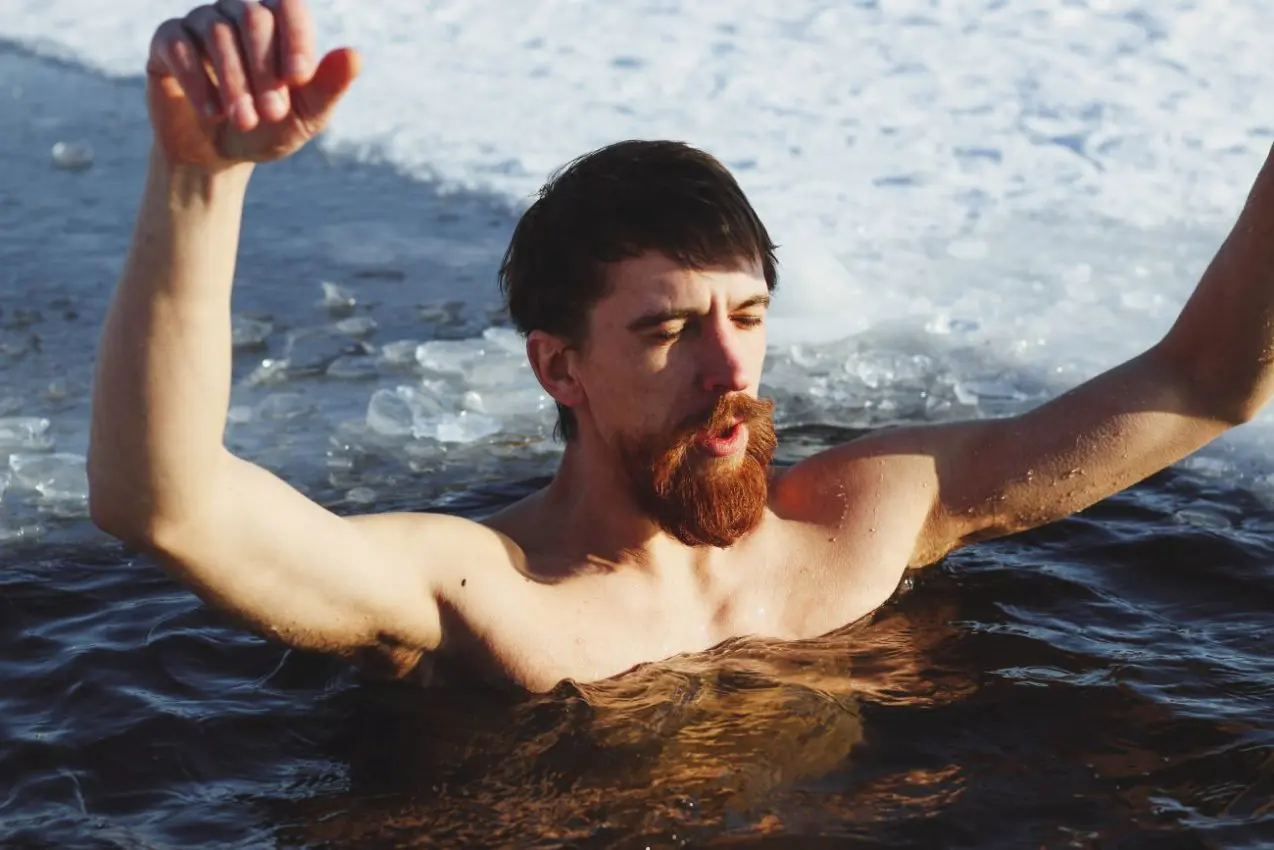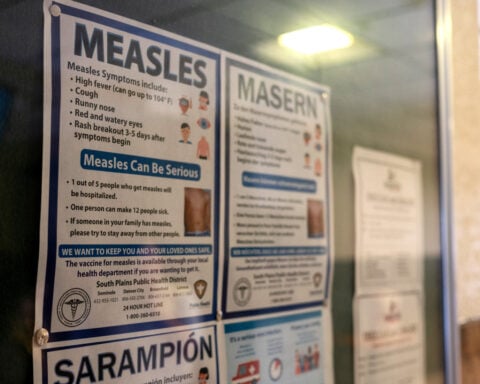A growing wellness trend touts icy plunges as self-treatment for anxiety, depression and other mental health woes. From TikTok’s #ColdPlunge community to Netflix documentaries on extreme athlete Wim Hof’s frigid endurance challenges, the notion of therapeutic benefits from voluntarily induced hypothermia proliferates in pop culture. And while evidence remains limited and risks plentiful, some preliminary research does suggest cold water immersion may improve certain markers of mood and resilience.
Proponents claim subjecting the body to freezing temperatures counterintuitively promotes relaxation and calm after the initial shock. The hypothesis makes physiologic sense – activating the stress response stimulates release of hormones like norepinephrine and cortisol which energize and focus the mind. Dopamine and endorphins may also surge in response, chemically elevating mood. And as the parasympathetic nervous system kicks in to conserve warmth, the heightened state mellows into pleasant tranquility.
Beyond neurochemical and cardiovascular effects, cold water disciples also cite psychological gains from managing discomfort. Gradually adjusting to the extreme by choice supposedly bolsters self-efficacy and courage to endure emotional pains too. Each deep freeze battle survived builds grit transferrable to conquering anxiety or depression demons. At minimum, the acute agony forcefully redirects negative ruminations, acting as exposure therapy for fixating thoughts.
So a plethora of mechanisms may support the subjective reports of improved wellbeing among cold plunge enthusiasts. And several small studies, especially in Britain where year-round frigid ocean swimming prevails, observed notable uplifts in participants’ outlooks. These preliminary findings compel further research, given lack of adequate treatment for many enduring mental health disorders.
However, experts caution much more evidence is needed before recommending self-imposed hypothermia as therapy. The inherent suggestibility posed by inability to blind trial participants raises substantial placebo questions. And cold water’s multifaceted nature – the exhilaration, socializing, scenery, mastery, etc. – confounds isolating active ingredients or minimal effective doses. Controlling intervention variables remains near impossible.
Yet while cold water lacks extensive clinical basis as psychiatric treatment, the approach appears generally safe if cautioned. Seeking medical consultation beforehand and gradually acclimating bodies help reduce health risks, as with adopting any new intense regimen. Joining group sessions adds oversight and emergency response preparedness too.
If debilitating symptoms persist despite such preventative efforts, professional therapies with robust data should take precedence over DIY experiments. But under informed guidance, a bit of chill may do no harm. And systematically tracking experiences can expand collective insight on the still mysterious interplay between environments and mental states. Qualitative project like Mindfighters examining cold water’s effects on 34 veterans’ PTSD generates hypotheses to quantify empirically.
Such grassroots investigation among self-organized communities willing to endure discomfort in pursuit of relief may elucidate elusive emotional and cognitive keys. Their survey data and testimonials shape formal study questions and design. However, given the struggle for scientific validity in this domain, experts again emphasize not substituting group dips for doctor's orders.
For while success stories spread far and wide across social media’s viral vectors, clear contraindications exist too. As Ohio State University clinical psychologist Dr. Sophie Lazarus notes, empirically-proven options like targeted psychotherapy and antidepressants still rank as first line treatment for most mood disorders. Realism is required in assessing any non-pharmacologic mental health trends, however tantalizing initial clues appear.
Perhaps rather than viewing icy immersion as panacea, cautious experimentation can supplement existing care plans for those struggling with treatment resistance or intolerable side effects. If standard options repeatedly fail to alleviate distress, and assuming informed consent and safety measures, why not give the innovative a whirl? A century ago, contemporary psychiatry would have seemed just as implausible.
Of course, that frame requires acknowledging the dearth of RCT gold standard proof for such unorthodox interventions currently. But closing critical knowledge gaps through nuanced, collaborative inquiry promises progress no matter the outcomes. Either cold elicits definable responses worthy of concrete protocols, or better understanding placebo powers aids harnessing self-healing indoor pools already exist within, if accessed consciously.
In debating cold water’s legitimate role amid modern medicine’s strictly codified therapeutic canon, cultural variables around lifestyle must not get dismissed either. Perhaps the treatment potential reveals just as much about environment as embodiment. While antidepressant prescribing has tripled in rich Western nations over recent decades, the WHO estimates only 1 in 10 affected individuals worldwide get needed care.
Stark access divides clearly contribute to embracing radically alternative options by necessity – off-label, unapproved, unmarketable. But industrialized society’s alienation from nature likely hinders health as well, if human wellness intrinsically relies on elements of the elements. Lost communion with seas, skies and seasons that cradled our ancestors for eons manifests somehow in mental anguish.
So beyond neurochemistry, community or conquest, cold water’s call may whisper of forgotten wisdoms. The desperate plunge towards relief hints of remedies surrounding us yet still untapped. Perhaps wellsprings emerging from wilder domains can nourish where clinics fall short. Of course ONLY randomized blinded trials confer confidence. But old wives’ tales contain kernels too. And the quest for therapeutic truth carries on.

 Trump has begun another trade war. Here's a timeline of how we got here
Trump has begun another trade war. Here's a timeline of how we got here
 Canada's leader laments lost friendship with US in town that sheltered stranded Americans after 9/11
Canada's leader laments lost friendship with US in town that sheltered stranded Americans after 9/11
 Chinese EV giant BYD's fourth-quarter profit leaps 73%
Chinese EV giant BYD's fourth-quarter profit leaps 73%
 You're an American in another land? Prepare to talk about the why and how of Trump 2.0
You're an American in another land? Prepare to talk about the why and how of Trump 2.0
 Chalk talk: Star power, top teams and No. 5 seeds headline the women's March Madness Sweet 16
Chalk talk: Star power, top teams and No. 5 seeds headline the women's March Madness Sweet 16
 Purdue returns to Sweet 16 with 76-62 win over McNeese in March Madness
Purdue returns to Sweet 16 with 76-62 win over McNeese in March Madness








